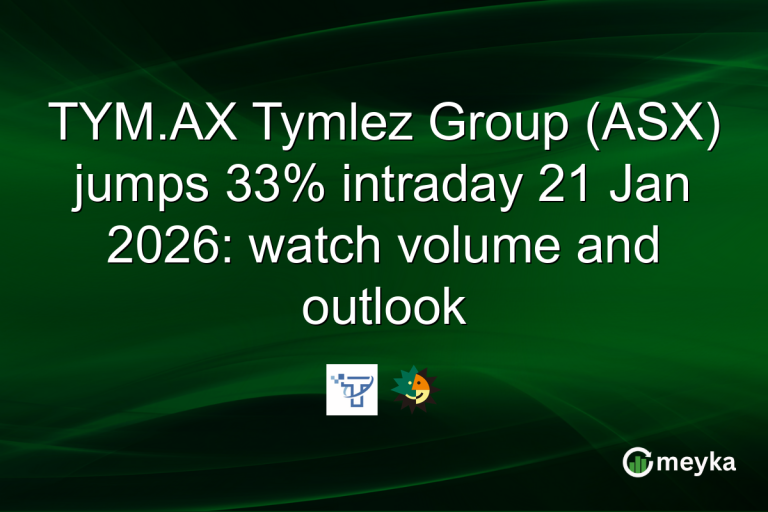Urs Rohner Faces Renewed Scrutiny Over Risky Decisions at Credit Suisse
Urs Rohner, the former chairman of Credit Suisse, is once again under the spotlight. The renewed scrutiny over his leadership comes amid ongoing discussion about the bank’s risk management failures. With the stock price of CS lingering at $0.8858, significantly down from its year high of $6.08, these issues invite further debate on the Swiss banking giant’s reputation and stability.
The Troubled Tenure of Urs Rohner
During Urs Rohner’s tenure at Credit Suisse, the bank faced numerous challenges, particularly around risk management. These issues have recently come back to haunt the institution, with Rohner receiving criticism for his purported oversight failures. The banking giant saw its reputation take significant hits due to scandals, including the espionage case that erupted during his leadership. Rohner, as the chairman, was expected to have a stringent oversight mechanism, especially in terms of risk. However, the lack of effective controls led to detrimental consequences for Credit Suisse. The bank’s current market cap of $3.49 billion starkly contrasts its former glory. The risky strategies have been blamed for these drifts, resulting in substantial losses for the bank and a declining stock performance, with a year-over-year drop of 83.69%. His leadership style has often been described as lacking the necessary rigor to tackle complex financial and ethical issues. As Reuters notes, Rohner’s era is marked by controversial decision-making that the institution is still attempting to quantify fully.
Impact on Credit Suisse’s Financial Health
The series of scandals during Rohner’s leadership has had a profound impact on Credit Suisse’s financial health. The bank reported a negative EPS of -2.83, with troubling figures like a return on equity (ROE) of -16.4%. These numbers reflect the deep-rooted issues within the bank that began under Rohner’s guidance. Credit Suisse’s high debt-to-equity ratio of 3.81 further highlights the risk exposure that stemmed from poor management practices. The leverage has not only affected its profitability but also its operational stability, as evident in its stock’s fluctuating performance. Despite an average 50-day price of $0.878456, the stock continues to struggle, with an average loss of 94.23% over the past five years. The troubling financial ratios emphasize the lingering consequences of past governance missteps. This oversight has contributed to a lack of investor confidence, as CNBC reports, seen in the dwindling volume of trades and a decreased appetite for new investments.
Challenges in Risk Management
Credit Suisse’s risk management strategy under Rohner has faced criticism for being ineffective, particularly in managing high-risk ventures. The bank’s enterprise value to EBITDA ratio of 3.65 points to an ongoing struggle to maximize operational efficiency amid mounting debts. Further, the lack of disciplined risk assessment processes resulted in costly ramifications. Their net profit margin of -53.1% reveals a bleak picture of financial mismanagement, directly tied to risky ventures that went unmonitored. This has incited questions about the effectiveness of the bank’s leadership and the protective measures that should have been in place. The repercussions from these challenges are enduring. Analysts suggest that a comprehensive overhaul of governance and risk management strategies is essential for the bank to reclaim its stature in the industry. However, restoring investor and public faith in Credit Suisse will take time and definitive action, underscoring the lasting impact of oversight failures.
A Future Under Scrutiny
The renewed focus on Urs Rohner’s leadership casts a shadow over Credit Suisse’s path forward. As the institution proceeds with efforts to stabilize and rebuild its standing, the pressure mounts on its current leaders to rectify past missteps. The unfortunate reality of its stock, currently trading around $0.8858, is a constant reminder of the work needed to recover investor trust. Amid these challenges, Credit Suisse is working towards reinforcing its governance structures. Ulrich Körner, the current CEO, is tasked with steering the bank towards stability and growth. Key steps include instilling a culture of accountability and reinforcing strategic oversight. While the stock’s rating remains a “hold,” the path to resurgence requires consistent and diligent management to prevent future lapses.
Final Thoughts
The saga of Urs Rohner at Credit Suisse serves as a powerful reminder of the critical role that leadership plays in risk management. As the bank navigates the turbulent aftermath of past scandals, it must implement profound changes to restore its reputation and financial health. Platforms like Meyka remain invaluable, offering real-time analysis and insights to support investors amid uncertainties. As Credit Suisse strives for recovery, decisive and transparent leadership will be essential in regaining trust and market position.
FAQs
Critics pointed to his poor risk management and oversight failures, which allowed several scandals to impact the bank’s reputation significantly. These included cases of corporate espionage and high-stakes investments that were not adequately monitored.
The stock has seen a substantial decline, with the current price at $0.8858. It has dropped significantly from its 2023 year high of $6.08, reflecting ongoing investor concerns about management and financial stability.
The current leadership, under CEO Ulrich Körner, aims to reinforce governance and risk management strategies, enhance oversight, and implement a culture of accountability to prevent future issues.
Disclaimer:
This is for information only, not financial advice. Always do your research.






